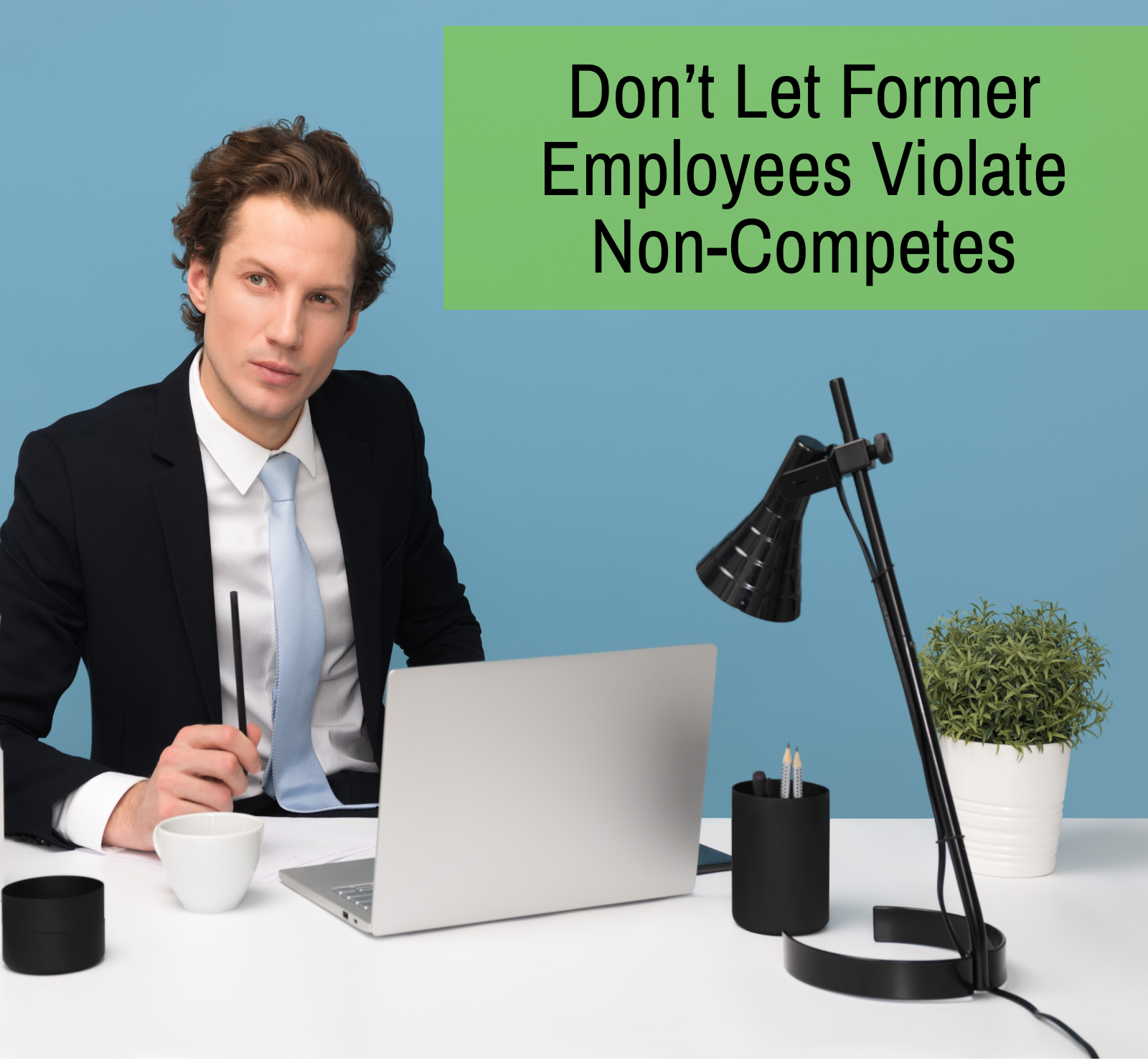
Corporate entities and organizations the world over go to great lengths to protect their intellectual property and self-built foundations of knowledge. In this vein, contracts that protect against non-compete violations allow employers to invest in developing the skill set of their employees without fear that they will turn around and take a pay-off from a competitor, or even set up shop offering the exact same service up the street.
The repercussions when a non-compete contract is breached can be costly and complex to navigate. This means that taking every step to mitigate violations is prudent planning. With that in mind, read on to discover Lauth Investigation’s top tips for minimizing the risk of non-compete violations—and what to do if you suspect something underhand is already afoot.
Keeping Non-Compete Contracts up to Date
Laws change, roles change, and the needs of any given business will inevitably change too. Ensuring that non-competes remain practical and legally applicable can help you avoid future vulnerability. Because of the unique nature of each organization’s operation and each employees role, non-competes must be tailor made.
Factors such as locational jurisdictions, business or asset acquisitions, and what is considered an industry-specific reasonable duration of contract must all be taken into account. In contrast, a cookie-cutter approach to non-compete contracts can be risky, as any strategic holes may disincline the courts from upholding the contract in question. Also keep in mind that—when updating non-competes for current employees—it is vital to ensure a consideration is provided in return for their renewed agreement.
Ensuring Security Is Locked Down
Even with the most air-tight non-compete agreements in place, the risk always remains that an employee will decide that breaching their contract is worth the consequences. Temptation to accept a bribe in return for providing access to computer systems, documents, or designs is always a possibility. One of the ways in which companies can reduce this risk is by making security a top priority. Having electronic and on-site security provisions regularly reviewed—and making employees aware of both measures in place and their own responsibility—can be a reminder that they risk getting caught in the act when temptation strikes.
Staying on Top of Corporate Culture
A thriving corporate culture not only means satisfied employees and larger profits, but also enhanced company loyalty. In contrast, when toxic corporate culture is allowed to fester, organizations run the risk of their employees feeling far more inclined to turn on the hand that feeds them. Diligently monitoring the health of workplace culture offers multi-faceted protection. If tackling corporate culture for the first time, a Corporate Culture Audit can be a great place to start.
Being Proactive When Employment Ends
When an employee quits or is terminated, an exit interview provides the perfect opportunity for a non-compete refresher. Reminding of ongoing legal obligations can ensure that former employees are clear on the legal repercussions if they choose to breach their contract. It also provides an opportunity for them to disclose their intention to work for a competitive company—the omission of which may impact their credibility if a non-compete violation occurs in the future.
Reaching Out to a Competitive Employer
When a former employee does go to work for a competitor, the prior employer may request their consent to inform the new employer of the standing non-compete contract. Equally, if suspicion is growing, the prior employer may decide to reach out independently to ensure that the competitive business is aware that legal obligations are in play. In such instances, swift action can minimize damage.
Safeguarding Client Relationships
When valuable clients are involved and concerns exist that a former employee may not have positive intentions, proactive protection of customer relationships can be vital. Informing customers that the former employee in question is no longer working for the company and immediately connecting them with new representatives can reduce the risk of client theft and non-compete violations.
When You Suspect a Non-Compete Violation
When it comes to non-compete violations, time is usually of the essence. Swift action can effectively minimize both financial and reputational losses, while reducing the potential complexity of litigation. When suspicion arises, a skilled private investigator can be an ultimate ally—launching diligent corporate investigations, carrying out surveillance, and information gathering—as they build a case that will allow you to take immediate action. If a possible non-compete violation is on your radar or you require help in assessing your current level of risk, contact Lauth Investigations for immediate assistance.



